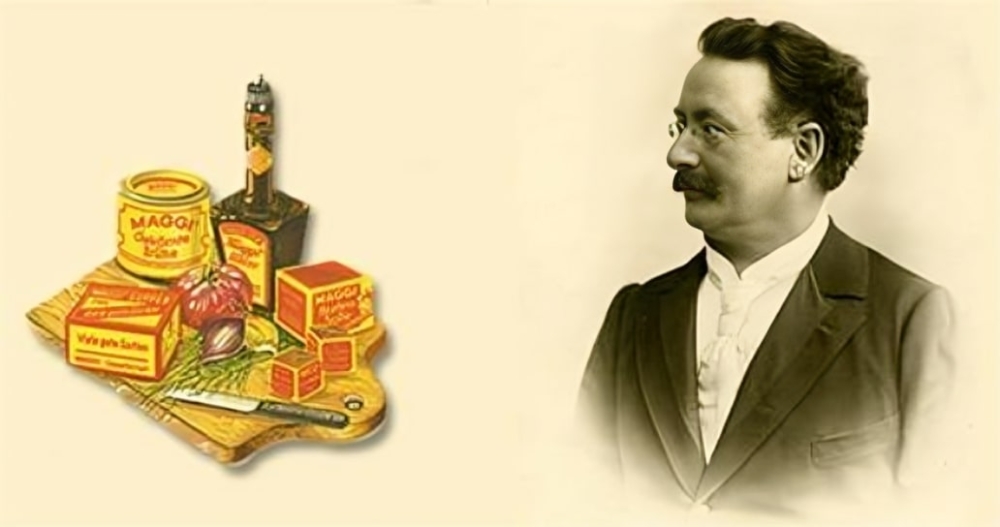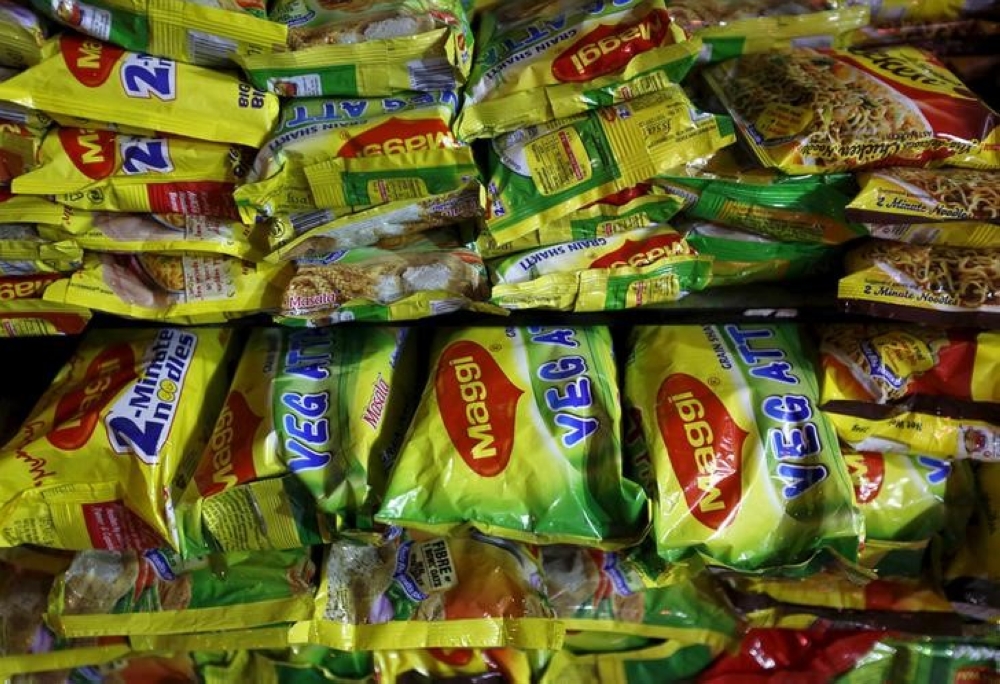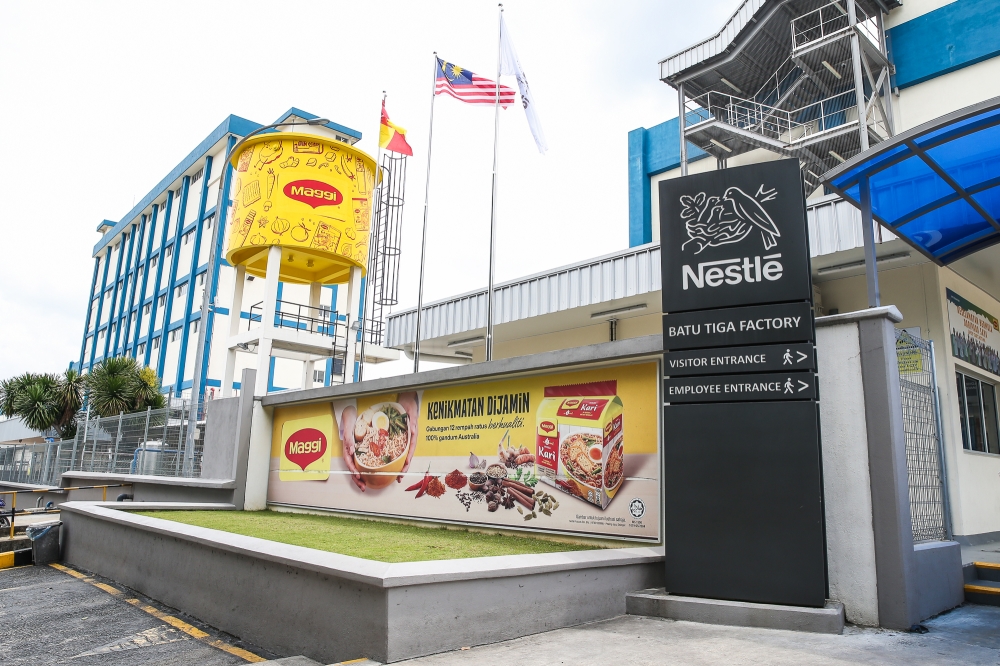SHAH ALAM, Sept 15 — When you hear the name Maggi, instant noodles immediately comes to mind for many. Or maybe it could be its seasonings, or sauces.
For others, the brand feels as Malaysian as you can get.
What if we tell you that Maggi first started in Switzerland?
Early days and acquisition by Nestlé
The clue of its origins is in the name itself: the brand was founded by Swiss entrepreneur Julius Maggi in 1884 when he invented the powdered pea and bean soup — to offer nutritious and affordable meals to working families.
By 1888, the brand had gained international traction, establishing branches in Germany, France, Italy, the United Kingdom, and the United States.
However, the real turning point came in 1947 when Nestlé acquired Maggi. With this, the brand started going worldwide.

Expansion into Malaysia
Naturally, this led to Maggi landing in Malaysia by 1969, first with its tomato ketchup and chilli sauce.
Just two years later, the brand launched its now popular two-minute instant noodles, starting with two flavours which have now become iconic to the brand: Kari (curry) and Ayam (chicken).
These noodles quickly became a staple in Malaysian households, prompting Maggi to expand its product range to include favourites such as the Cukup Rasa seasoning and Curry Mix.
Today, Maggi operates two key factories in Malaysia, one in Demak Laut in Kuching, Sarawak, and the other in Shah Alam’s Batu Tiga, which stands out as the largest Maggi factory in South-east Asia.

Controversy and ban in India
In 2015, the brand faced controversy, notably in India, when elevated levels of lead and MSG were found in its noodles.
This led to a temporary ban in India.
Despite the ban being lifted months later, misinformation spread on social media claimed that Malaysia’s Ministry of Health had also issued an order to withdraw Maggi Noodles from the market over safety concerns.
This claim was quickly debunked by Malaysia’s then Health director-general Tan Sri Dr Noor Hisham Abdullah. He clarified that no such order was issued in Malaysia.
“It was something that happened in India and not in our country,” he was reported saying.
The ministry also verified that the instant noodles in Malaysia were not imported from India, and found the company had gone through the right procedures to ensure it is safe for consumption.

Getting fans young
In Malaysia, Maggi is known for its Secondary School Cooking Competition (MSSCC), a highlight of its collaboration with the Education Ministry.
Established in 1997, this event offers students aged 13 to 15 a platform to showcase their cooking skills and develop essential life skills.
The competition aims to ignite a passion for cooking, promote awareness of nutritious food, and encourage a balanced diet.
There have been many themes in the previous year but in 2024, the theme is “Sajian Cita Rasa Malaysia”, which invites students to modernise traditional Malaysian dishes using innovative techniques and ingredients.
The campaign kicked off in August 2024 and will culminate in a grand cook-off in October.






















